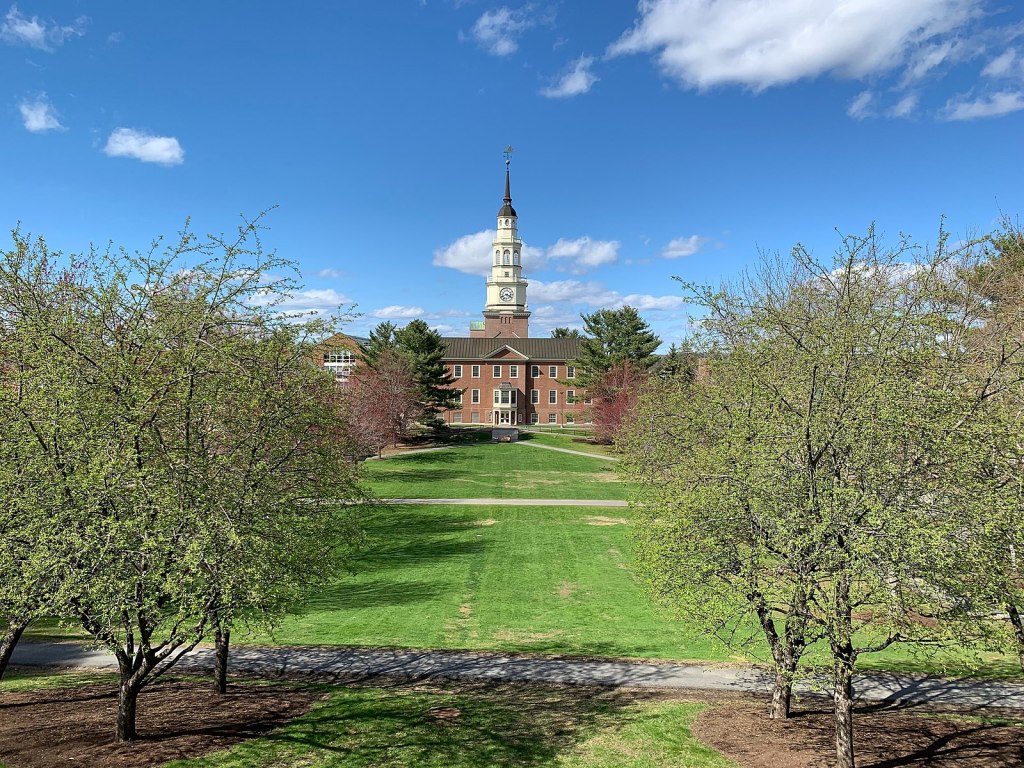In an odd piece in the Washington Post, Aaron Hanlon tries to diagnose the humanities’ “credibility problem.” The problem, he writes, is two-fold: first, “the public doesn’t seem to trust that we are engaging in real, methodical scholarly inquiry — or, at least, that such inquiries amount to much more than informed or pretentious opinion-making.”And second, “people often assume that humanities scholars start with political commitments and backfill the evidence rather than starting with questions to answer through some relatively transparent process of inquiry. The idea that humanities scholars are activists first and only then scholars leaves much of the public skeptical of the work we do.”
Are these concerns valid? Hanlon doesn’t say. Instead, he goes on to suggest that there are two ways that humanities scholars can face this “crisis”: either they can give up on politics and get in bed with big science and big institutions, or they can give up on big science and big institutions and pursue a path of “pure activism committed to rejecting the values that govern institutional and civic credibility.”
Oh, dear. As we all know too well, “pure activism” is very much compatible with big science, big business and big universities. It can — and has — received institutional support.
Hanlon arrives at this odd conclusion because he refuses to acknowledge that the humanities’ “credibility problem” is not just one of perception. It’s real. Humanities scholars often fail to engage in “methodical scholarly inquiry.” Superimposing political “frameworks” on texts may be methodical, but it isn’t scholarly, and it leads to all sorts of absurd conclusions. Humanities scholars often do start with political commitments and “backfill the evidence.”
This approach to literary texts, which reduces everything to sex, power and race, is still with us. It came of age in the 1990s and is, perhaps, dying, but not quickly enough. We still get books like Chaucer’s Losers, Nintendo’s Children, and Other Forays in Queer Ludonarratology or Hybrid Anxieties: Queering the French-Algerian War and Its Postcolonial Legacies.
In other news
Anthony Daniels reviews Dominic Green’s highly anticipated book The Religious Revolution: The Birth of Modern Spirituality, 1848–1898: “Green is no Whig historian recounting Man’s smooth and constant ascent to a present realistic appreciation of his place in the universe. Rather, he is an ironist, demonstrating what we ought by now to know in any case, though we need to be constantly reminded of it, namely that ideas do not have to be good, or even clear, to have profound effects on human history. For me, life is too short for Emerson, but that does not mean that he was not a very important figure in his day.”
What happens when big companies take over local newspapers? It’s complicated.
“Scientists from the University of Haifa in Israel have been studying an ancient shipwreck off the Mediterranean coast of Israel. The Ma‘agan Mikhael B shipwreck has provided a rich haul of artifacts to help them piece together its story. But that is not all. The well-preserved remains of the ship also contain an unusual source of information. The skeletons of rats that once infested the ship are proving to be very useful in finding out more about life aboard the ship before it ran aground, cutting short its career.” Read about it here.
Don’t know who to follow on Twitter? Give @secondmentions a try: “News writing, by necessity, brings you up against repetition as an occupational hazard, and the account was shown to me by an editor, who shared it with a self-aware, nerdy, professional glee. The account tracks the ways that writers strive to express the same thing differently, with examples taken mostly from newspapers and magazines around the world.”
Andrew Stuttaford reviews A Spy in Plain Sight: The Inside Story of the FBI and Robert Hanssen, America’s Most Damaging Russian Spy: “Lis Wiehl’s enthralling and grimly astonishing A Spy in Plain Sight is simply the story of Robert Hanssen, an FBI agent whose espionage activities were described by the Department of Justice as ‘possibly the worst intelligence disaster in US history,’ a crowded field even at the time of his arrest in February 2001.”
Horatio Clare reviews Felipe Fernández-Armesto’s “rigorous, deft and entertaining history,” Straits: Beyond the Myth of Magellan.


















